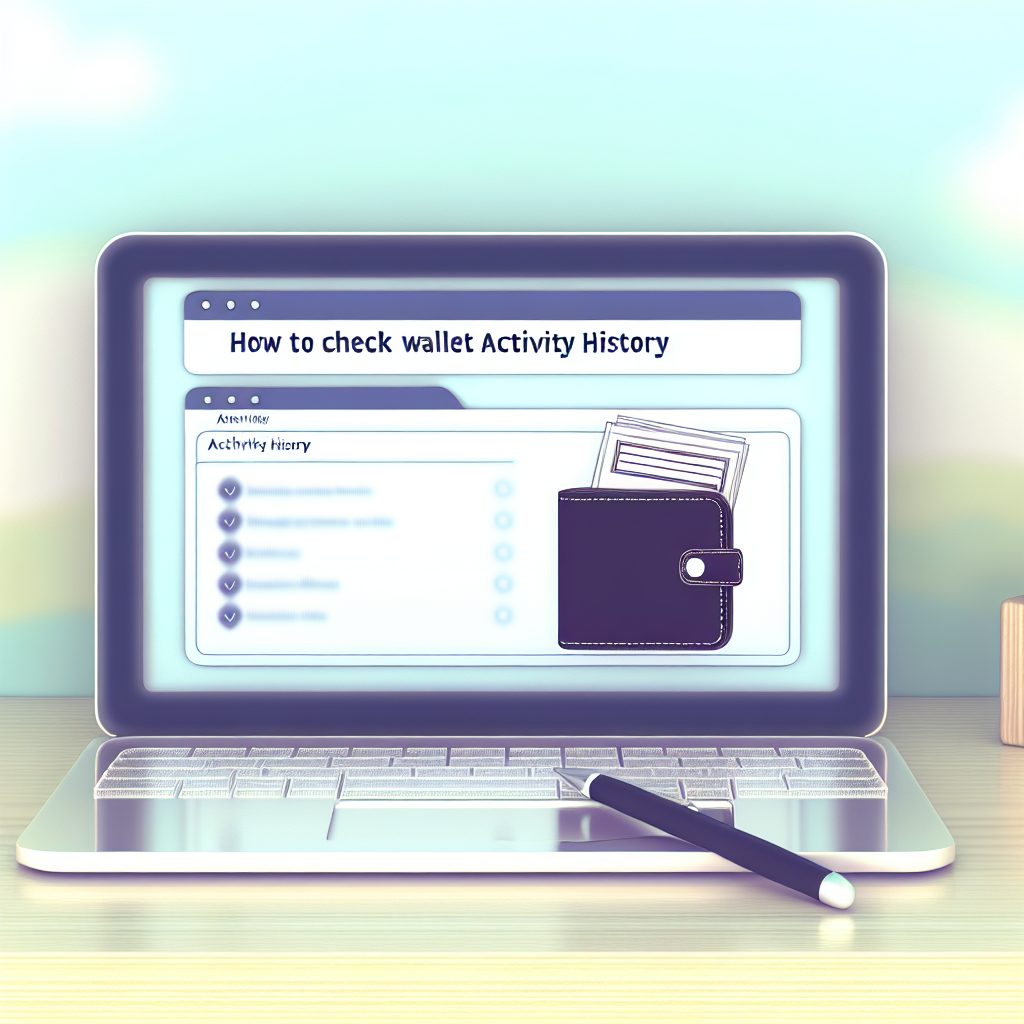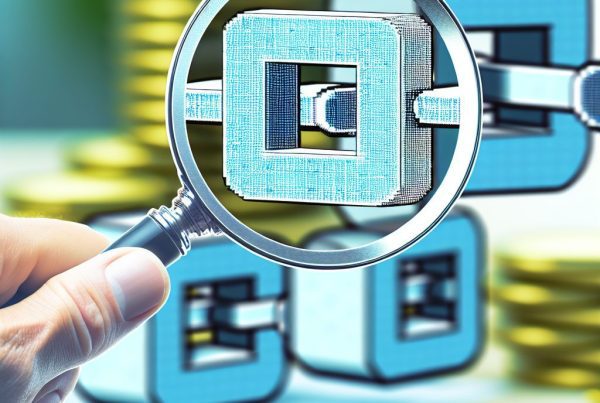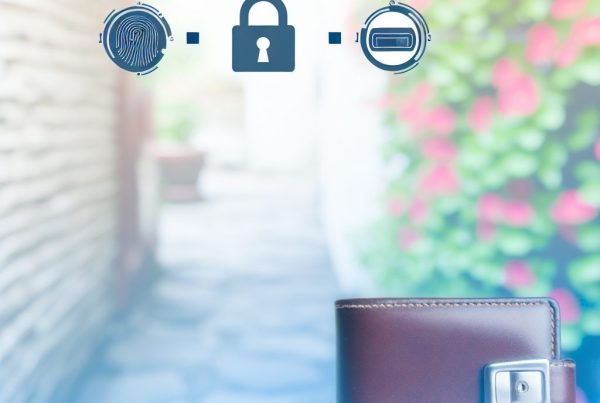How to Check Wallet Activity History
In the world of cryptocurrency, understanding your wallet activity history is crucial for managing your assets effectively. Whether you are a seasoned trader or a newcomer to the crypto space, keeping track of your transactions can help you make informed decisions, enhance security, and ensure compliance with regulations. This comprehensive guide will walk you through the various methods to check your wallet activity history, the importance of doing so, and tips for maintaining your wallet’s security.
Understanding Cryptocurrency Wallets
Before diving into how to check wallet activity history, it’s essential to understand what cryptocurrency wallets are. A cryptocurrency wallet is a digital tool that allows users to store, send, and receive cryptocurrencies. Wallets can be categorized into two main types:
- Hot Wallets: These are connected to the internet and are more convenient for frequent transactions. Examples include mobile wallets and web wallets.
- Cold Wallets: These are offline storage solutions, such as hardware wallets and paper wallets, providing enhanced security against online threats.
Each wallet type has its advantages and disadvantages, but both require users to monitor their activity history to ensure the safety and accuracy of their transactions.
Why Check Your Wallet Activity History?
Monitoring your wallet activity history is vital for several reasons:
- Transaction Tracking: Keeping a record of your transactions helps you understand your spending habits and investment performance.
- Security Monitoring: Regularly checking your wallet activity can help you identify unauthorized transactions or potential security breaches.
- Tax Compliance: Many jurisdictions require individuals to report their cryptocurrency transactions for tax purposes. A clear transaction history simplifies this process.
- Portfolio Management: Understanding your wallet activity can assist in making informed decisions about buying, selling, or holding assets.
Methods to Check Wallet Activity History
There are several methods to check your wallet activity history, depending on the type of wallet you are using. Below are the most common methods:
1. Using Wallet Software
Most cryptocurrency wallets come with built-in features that allow users to view their transaction history. Here’s how to access it:

- Open your wallet application: Launch the wallet software on your device.
- Navigate to the transaction history section: Look for a tab or menu labeled “Transactions,” “History,” or something similar.
- Review your transactions: You should see a list of all incoming and outgoing transactions, including details such as date, amount, and transaction ID.
For example, if you are using Exodus Wallet, you can easily access your transaction history by clicking on the “Portfolio” tab and then selecting “Transactions.”
2. Blockchain Explorers
Blockchain explorers are online tools that allow users to view all transactions on a specific blockchain. This method is particularly useful for checking wallet activity history without relying on wallet software. Here’s how to use a blockchain explorer:
- Identify the blockchain: Determine which blockchain your cryptocurrency is based on (e.g., Bitcoin, Ethereum).
- Visit a blockchain explorer: Go to a reliable blockchain explorer website, such as Blockchain.com for Bitcoin or Etherscan for Ethereum.
- Enter your wallet address: Input your wallet address in the search bar and hit enter.
- Review your transaction history: The explorer will display all transactions associated with your wallet address, including timestamps, amounts, and transaction IDs.
Using a blockchain explorer is an excellent way to verify transactions, especially if you suspect any discrepancies in your wallet software.
3. Third-Party Portfolio Trackers
For users managing multiple wallets or cryptocurrencies, third-party portfolio trackers can be invaluable. These tools aggregate data from various wallets and exchanges, providing a comprehensive view of your portfolio. Popular options include:
To use these tools, you typically need to create an account and link your wallets or manually input your transactions. They will then provide you with a detailed overview of your wallet activity history.
4. Exchange Platforms
If you use a cryptocurrency exchange to buy, sell, or trade assets, you can check your wallet activity history directly on the exchange platform. Here’s how:
- Log in to your exchange account: Access your account on the exchange where you hold your assets.
- Navigate to the transaction history section: Look for a tab labeled “Orders,” “Trade History,” or “Transaction History.”
- Review your transactions: You will find a detailed list of all your trades, deposits, and withdrawals.
For instance, on Binance, you can find your transaction history under the “Wallet” section, allowing you to track your trading activity efficiently.
Best Practices for Monitoring Wallet Activity
To ensure you are effectively monitoring your wallet activity history, consider the following best practices:
- Regular Checks: Make it a habit to check your wallet activity regularly, especially after significant transactions.
- Use Multiple Methods: Combine different methods (wallet software, blockchain explorers, portfolio trackers) for a comprehensive view of your activity.
- Secure Your Wallet: Always use strong passwords, enable two-factor authentication, and keep your recovery phrases secure.
- Stay Informed: Follow trusted sources for updates on security practices and potential vulnerabilities in the crypto space.
Common Issues When Checking Wallet Activity
While checking your wallet activity history is generally straightforward, users may encounter some common issues:
- Transaction Delays: Sometimes, transactions may take longer to appear in your wallet or on a blockchain explorer due to network congestion.
- Incorrect Balances: If your wallet balance does not match the expected amount, ensure you are checking the correct wallet address and that all transactions have been confirmed.
- Security Concerns: Be cautious of phishing attempts and only use trusted platforms to check your wallet activity.
FAQs
What is a cryptocurrency wallet?
A cryptocurrency wallet is a digital tool that allows users to store, send, and receive cryptocurrencies. It can be software-based (hot wallets) or hardware-based (cold wallets).
How often should I check my wallet activity history?
It is advisable to check your wallet activity history regularly, especially after making transactions or if you suspect any unauthorized activity.
Can I recover lost transactions?
Once a transaction is confirmed on the blockchain, it cannot be reversed. However, you can track it using your wallet address on a blockchain explorer.
What should I do if I notice unauthorized transactions?
If you notice unauthorized transactions, immediately secure your wallet by changing passwords and enabling two-factor authentication. Consider moving your assets to a new wallet.
Conclusion
Checking your wallet activity history is an essential practice for anyone involved in the cryptocurrency space. By utilizing various methods such as wallet software, blockchain explorers, and third-party portfolio trackers, you can maintain a clear overview of your transactions and ensure the security of your assets. Regular monitoring not only helps in managing your portfolio effectively but also plays a crucial role in safeguarding against potential threats.
For the latest news and updates in the cryptocurrency world, consider visiting Bitrabo. Stay connected with me on social media for more insights: X, Instagram, and Threads.
Disclaimer: The information provided in this article is for educational purposes only and should not be considered financial advice. Always conduct your research before making any investment decisions.
The Crypto Watchlist of the Week 🔎
Subscribe to receive expert-curated projects with real potential—plus trends, risks, and insights that matter. Get handpicked crypto projects, deep analysis & market updates delivered to you.


